Massive Cyberattack on Uber raises many questions
By MYBRANDBOOK

A hacker gained control over Uber's internal systems after compromising the Slack account of an employee, according to the New York Times, which says it communicated with the attacker directly. Social engineering is a popular hacking strategy, as humans tend to be the weakest link in any network. Teenagers used a similar ploy in 2020 to hack Twitter.
MFA Fatigue attacks are when a threat actor has access to corporate login credentials but is blocked from access to the account by multi-factor authentication. They then issue repeated MFA requests to the target until the victims become tired of seeing them and finally accept the notification.
Uber has suffered another massive security incident after 2016 and potentially may have compromised its entire network. The hacker was believed to have breached multiple internal systems, with administrative access to Uber’s cloud services including Amazon Web Services Services console, VMware vSphere/ESXi virtual machines, and the Google Workspace admin dashboard for managing the Uber email accounts. The internal systems are breached and vulnerability reports stolen.
The hacker, who claimed to be 18 years old, told NYT he had sent a text message to an Uber employee and said they were able to gain access to Uber's Intranet after conducting a social engineering attack on an employee. The screenshots shared by the hacker, which appears to be full access to many critical Uber IT systems, including the company’s security software and Windows domain.
It is expected that the social engineering hack allowed him to breach Uber’s systems, with the hacker describing the company’s security posture as weak. Experts are expecting that the attacker allegedly used an MFA Fatigue attack and pretended to be Uber IT support to convince the employee to accept the MFA request.
One screenshot posted on Twitter and confirmed by researchers shows a chat with the hacker in which they say they obtained the credentials of an administrative user through social engineering.
The Uber hack demonstrates how important identity management backed by strong authentication, such as hardware security keys, are for privileged systems, and why today’s organizations need the ability to detect when attackers exploit, misuse or steal credentials.
The report says that the person who claimed responsibility for the hack said they sent a text message to an Uber worker claiming to be a company tech employee and persuaded the worker to hand over a password that gave them access to the network.
In recent high-profile attacks against large organizations, persistent attackers can and will find a way around multi-factor authentication systems that rely solely on time-based one-time passwords or push-based authentication.
The need for compartmentalized access to critical resources, strong authentication and detection of identity-based activity is an important part of an organization's layered defenses.


Legal Battle Over IT Act Intensifies Amid Musk’s India Plans
The outcome of the legal dispute between X Corp and the Indian government c...

Wipro inks 10-year deal with Phoenix Group's ReAssure UK worth
The agreement, executed through Wipro and its 100% subsidiary,...

Centre announces that DPDP Rules nearing Finalisation by April
The government seeks to refine the rules for robust data protection, ensuri...

Home Ministry cracks down on PoS agents in digital arrest scam
Digital arrest scams are a growing cybercrime where victims are coerced or ...

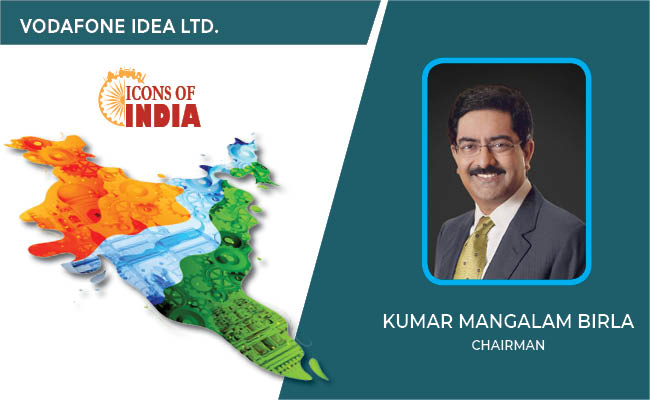
Icons Of India : Kumar Mangalam Birla
Aditya Birla Group chairman Kumar Mangalam Birla recently made a comeb...

Icons Of India : Debjani Ghosh
Debjani Ghosh is the President of the National Association of Software...

Icons Of India : Bhavish Aggarwal
Indian entrepreneur Bhavish Aggarwal is the CEO of Ola, India’s larg...

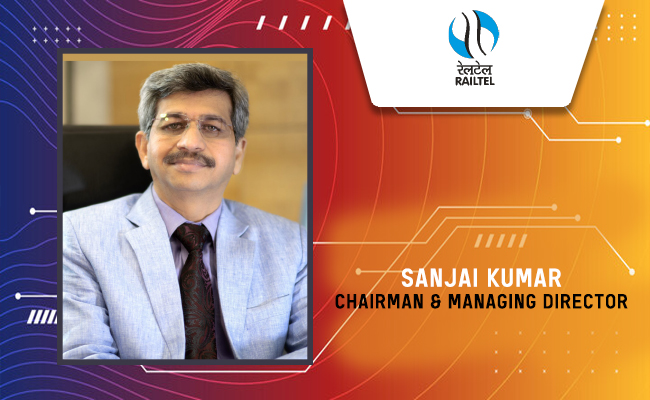
RailTel Corporation of India Limited
RailTel is a leading telecommunications infrastructure provider in Ind...
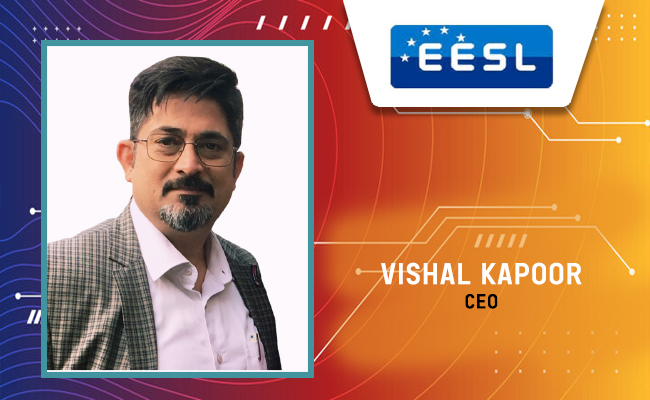
EESL - Energy Efficiency Services Limited
EESL is uniquely positioned in India’s energy sector to address ener...
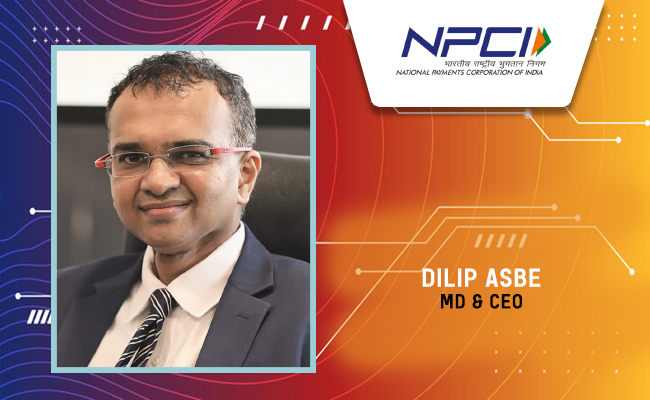
NPCI - National Payments Corporation of India
NPCI is an umbrella organization for operating retail payments and set...


Indian Tech Talent Excelling The Tech World - Vinod Dham, Founder & Executive Managing Partner, IndoUS Venture Partners
Vinod Dham, known as the “Father of the Pentium Chip,” has left an...

Indian Tech Talent Excelling The Tech World - PADMASREE WARRIOR, Founder, President & CEO - Fable
Padmasree Warrior, the Founder, President, and CEO of Fable, is revolu...
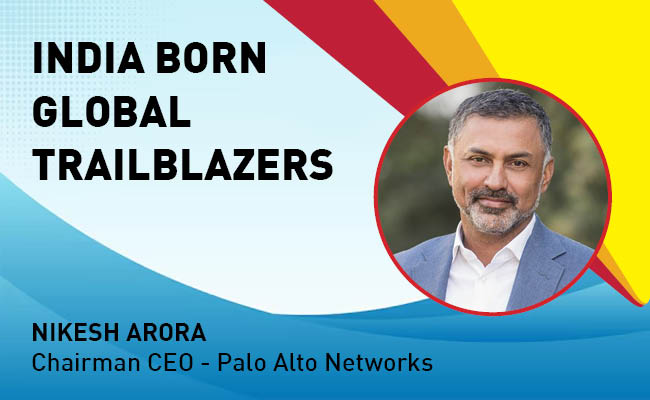
Indian Tech Talent Excelling The Tech World - NIKESH ARORA, Chairman CEO - Palo Alto Networks
Nikesh Arora, the Chairman and CEO of Palo Alto Networks, is steering ...
 of images belongs to the respective copyright holders
of images belongs to the respective copyright holders